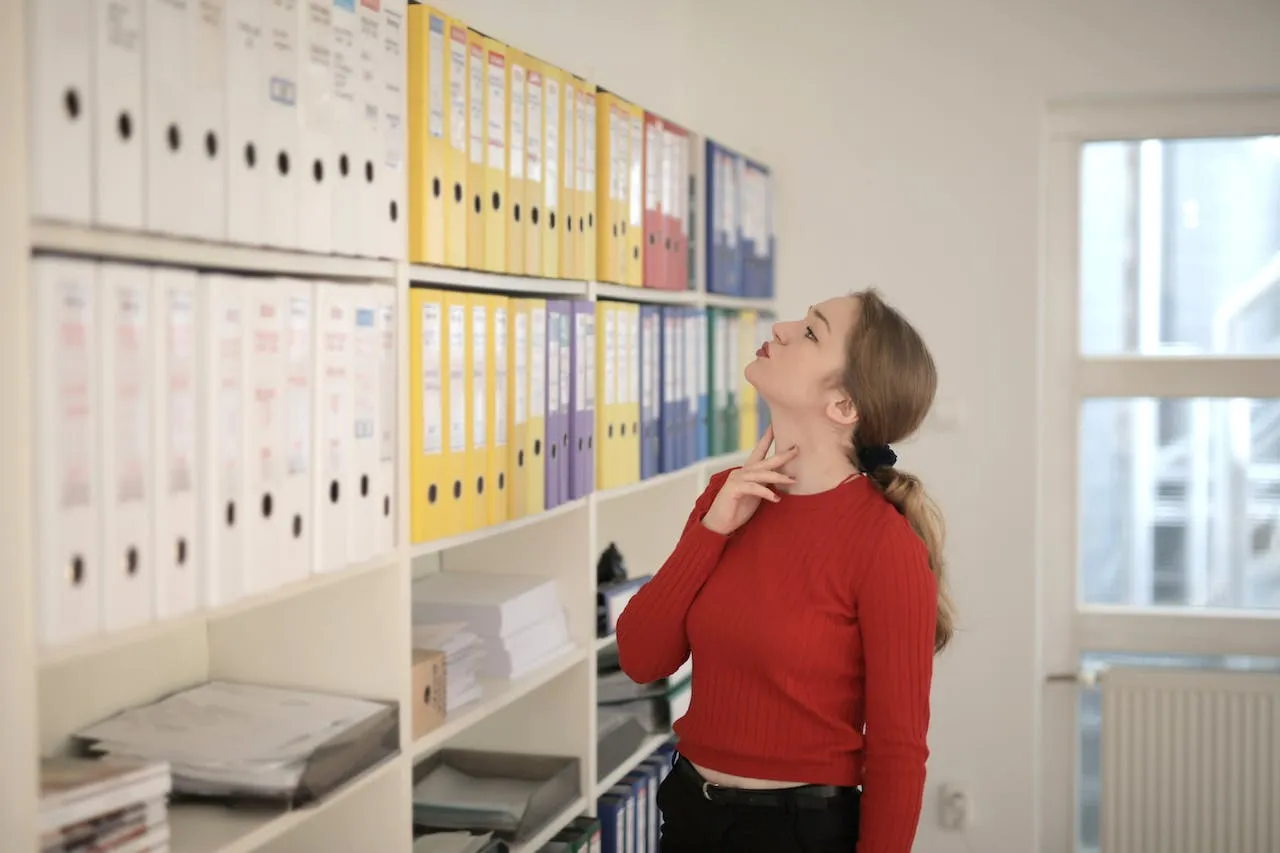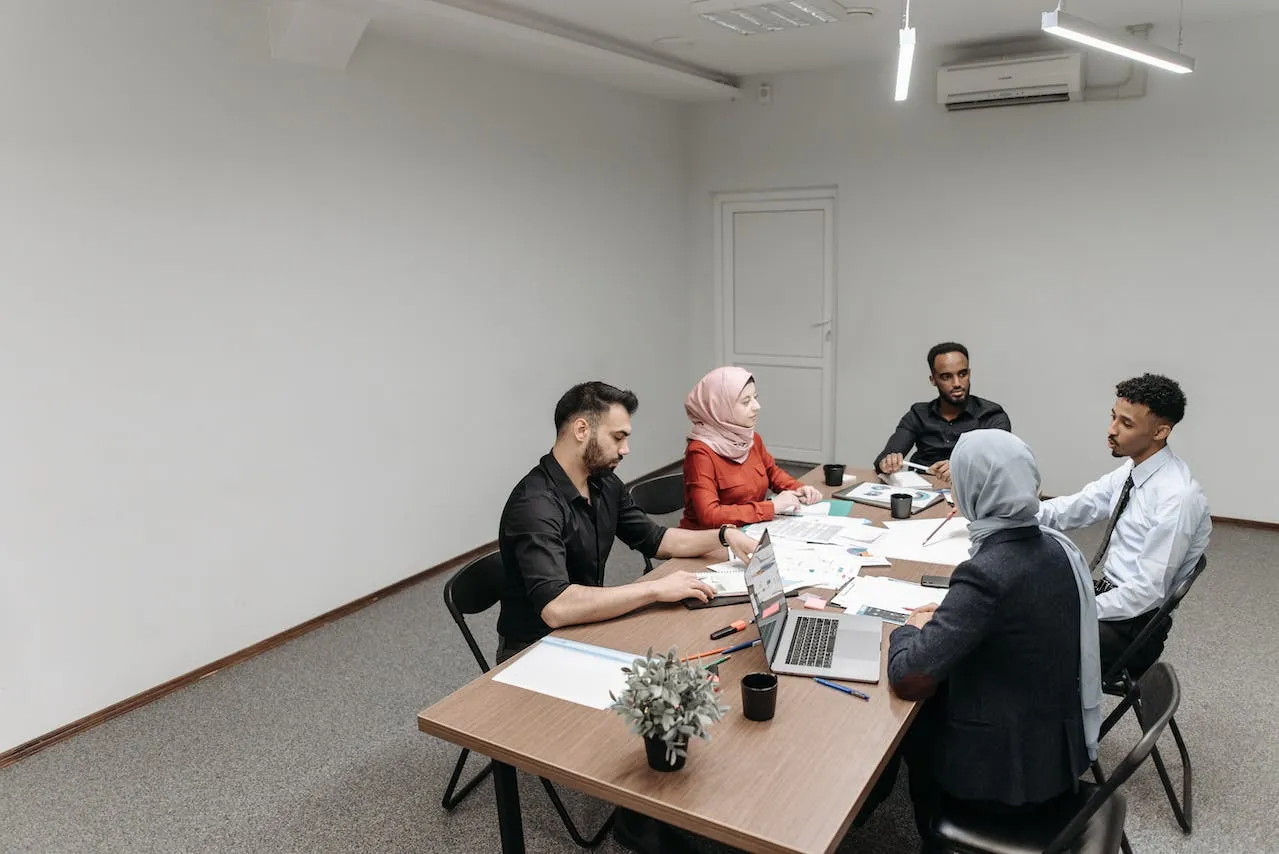Blockchain for Social Good: Revolutionizing Healthcare, Education, and Social Impact
The world is facing numerous challenges, from managing healthcare disparities to ensuring equitable access to education and promoting positive social change. While the solutions are complex, blockchain technology has emerged as a promising tool to tackle these issues and drive positive social impact. Its inherent characteristics of transparency, security, and immutability make it ideal for building trust, streamlining processes, and empowering individuals in diverse sectors.

Image generated using AI
Healthcare:
- Medical Record Management: Blockchain can securely store and share patients' medical records, improving accessibility and collaboration between healthcare providers. This can lead to more efficient diagnoses, personalized treatment plans, and improved patient outcomes.
- Drug Supply Chain Management: Tracking pharmaceuticals through the supply chain with blockchain can prevent counterfeiting and ensure the authenticity and quality of medication, ultimately safeguarding patient safety.
- Clinical Trial Management: Blockchain can streamline clinical trial processes, ensuring data integrity and increasing transparency for participants and researchers. This can lead to faster development of effective treatments and improved patient access to new therapies.

Image Source: Pexels
Education:
- Educational Record Management: Securely storing and sharing student transcripts and diplomas on a blockchain can ensure their authenticity and prevent fraud, simplifying verification and promoting academic mobility.
- Micro-credentials and Lifelong Learning: Blockchain can facilitate the issuance and management of micro-credentials, recognizing skills and accomplishments acquired through various experiences. This can empower individuals to showcase their expertise and enhance their employability.
- Decentralized Learning Platforms: Blockchain-powered platforms can democratize access to education by enabling peer-to-peer learning and eliminating intermediaries. This can provide affordable and accessible education opportunities to individuals in underserved communities.

Image Source: Pexels
Social Impact:
- Transparent and Efficient Donations: Blockchain can facilitate secure and transparent donations to charitable organizations, ensuring that contributions reach intended beneficiaries and promoting accountability.
- Identity Management and Digital Inclusion: Blockchain can provide secure and verifiable digital identities to individuals, particularly those in underserved communities who lack access to traditional identification systems. This can empower them to participate in the digital economy and access essential services.
- Decentralized Governance and Resource Management: Blockchain can facilitate community-driven decision-making and transparent allocation of resources, promoting greater participation and accountability in social impact initiatives.

Image Source: Pexels
The potential of blockchain for social good is vast and diverse. By leveraging its unique capabilities, we can create a more equitable and sustainable world where everyone has access to the resources and opportunities they need to thrive.
#blockchain #socialgood #healthcare #education #socialimpact #transparency #security #empowerment #sustainability